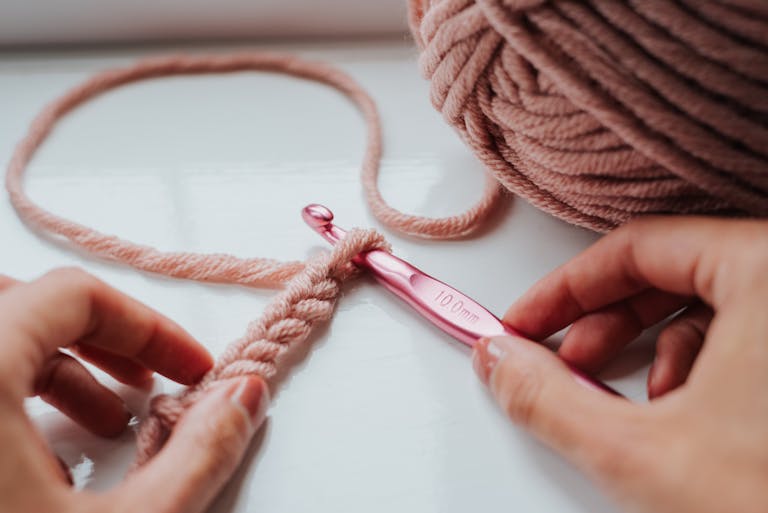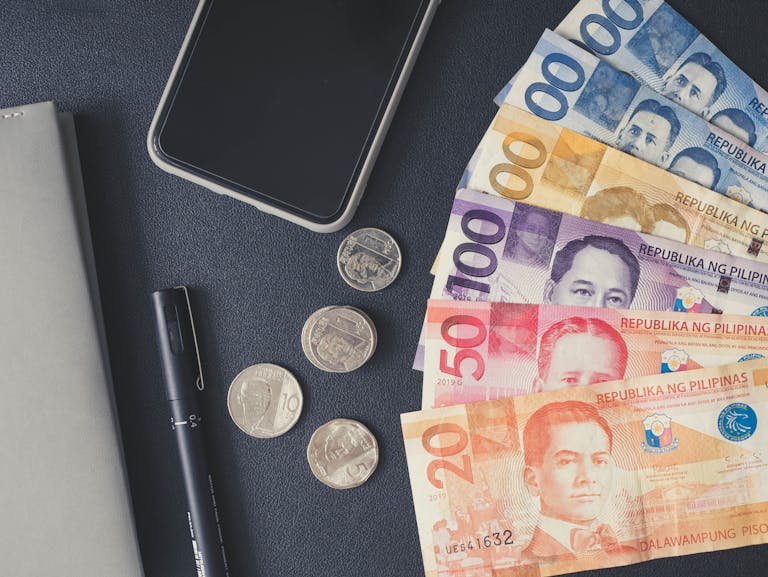Contracts, Control, and Creative Freedom: What You Really Sign Away
A creator’s guide to understanding IP rights, licensing traps, and the hidden clauses that could cost you your story.
The Seduction of a Signature
For many writers, artists, and storytellers, getting a contract offer is a dream. It feels like a door finally opening. A stamp of legitimacy. Proof that your work is “good enough.”
But the thrill of being chosen can blur what that signature truly means. Because the truth is, not all contracts are designed to protect you. In fact, some are crafted specifically to take from you—quietly, legally, and permanently.
So let’s break down the fine print. Because if you’re going to hand over something as precious as your intellectual property, you better damn well know what you’re giving up.

🔍 What Kind of Contract Did You Just Sign?
Let’s start with something many creators don’t realize they’re giving away:
IP stands for Intellectual Property—and it means your story, your characters, your world, your art. If you created it, it’s your IP… unless you sign it away.
When you publish, you’re often licensing that IP to someone else for a period of time, or for a specific purpose (like printing or distributing). That’s normal.
But some contracts go way beyond that. They don’t just ask to borrow your work—they take control of it. And depending on the terms, you might be giving up more than you intended… or everything.
Here are the most common types of IP clauses you’ll find in publishing and platform contracts—some fair, some exploitative, all worth knowing:
1. Full Copyright Retention (The Gold Standard)
“You own your work. We just license it temporarily.”
This is how it should be.
You, the creator, retain 100% of the copyright.
The publisher or platform gets the rights they need—usually just to publish or distribute—for a limited time and territory.
Look for:
✅ Clear terms (e.g. “2 years, exclusive print and ebook rights”)
✅ A clause that allows rights to revert back to you if the book is out of print or inactive
✅ No claims over your characters, world, or future projects
This is respectful, professional, and safe.
2. Perpetual, Irrevocable, Royalty-Free Licenses (The Trap Clause)
“You still own it… but we get to do whatever we want with it, forever.”
Sounds harmless until you realize:
They can adapt, sell, translate, and profit from your work indefinitely—and they don’t owe you anything beyond the original deal.
Worse, you can’t get out of it.
Even if they go inactive. Even if they ghost you. Even if they make millions off your work behind your back.
This is the kind of clause hidden in some “open call” submission platforms and shady publishers.
🚩 Red flag phrases to watch for:
- “Perpetual rights”
- “Irrevocable license”
- “Royalty-free usage”
- “Sublicensable to third parties”
If you see this language and no reversion clause? Walk away.
3. Work-for-Hire (Total Ownership Transfer)
“We paid you. We own it.”
This is common in ghostwriting, branded content, comics written for companies, etc.
You write something, they own it. You don’t get royalties, and you can’t use the characters, world, or story again.
Is it always bad?
Not necessarily—but it should come with solid upfront payment and zero illusions.
Never sign this for passion projects. You’re not the creator anymore—you’re just the labor.
4. Shared IP / Joint Ownership (The Legal Tug-of-War)
“We both own it… and neither of us can move without the other.”
Sounds collaborative, right? But in reality, this is one of the most restrictive setups out there. You might both “own” the story—but every decision (sequels, licensing, spin-offs, adaptations) needs joint approval.
If the other party becomes unreachable or petty? You’re trapped in creative limbo.
Shared ownership only works when:
- You deeply trust your co-owner
- Everything is clearly spelled out in the contract
- You’re okay with giving up full autonomy
5. Derivative Rights Clauses (The Hidden IP Grab)
“You own the book. We own everything inspired by it.”
You’d be surprised how often this sneaks in.
Some platforms will let you keep the book but claim exclusive rights to adaptations—TV shows, films, games, comics, webtoons, merchandise, even spin-offs.
Suddenly, your story is a franchise—and you have no say in any of it.
Protect yourself by negotiating:
- Shared profit from adaptations
- Creative consultation
- Clear limitations on what “derivative” covers
❗ Why This Matters
This isn’t just paperwork.
This is your story. Your soul. Your future.
A single clause can stop you from publishing sequels.
Can block a dream film deal.
Can keep your characters out of your hands forever.
Publishers who don’t take care of your rights aren’t publishers.
They’re factories.
🛡 Before You Sign: Ask These Questions
- Who owns the copyright once I sign?
- How long does the publisher hold the rights?
- Is this license exclusive? Can I publish elsewhere?
- Are adaptations, merchandising, or spin-offs included?
- What happens if the publisher goes inactive or disappears?
- Can I terminate the contract? Under what conditions?
If the contract can’t answer those questions clearly, it’s not protecting you.
💬 Final Word:
You can get your name on a book cover anywhere.
But if you want control, creative freedom, and a career you truly own—
Read the contract. Ask the hard questions. Walk away if it doesn’t feel right.
You’re not just selling a book.
You’re building a legacy.
Make your move—but make it with your eyes open.

The IP Mindset: A New Path for Filipino Writers
Today, stories are starting points.
A book is no longer just a book—it’s potential. It’s property. It’s a seed.
Welcome to the world of IP—Intellectual Property. And if you’ve written a story, you already own some. The real question is: do you know what to do with it?

Follow AlònTala Publishing on Facebook then join our group, Tales & Tides—where the bold, the curious, and the unshakably stubborn creatives gather.
Subscribe to our Substack pages for ✨ behind-the-scenes rants, boundary-breaking prompts, and love letters to the misfits building empires from scratch:
💌 Indie From the Islands by Mariel (founder, publisher, breaker of chains)
💌 Daydreams for Breakfast by Pasta (editor, poet, soft chaos machine)
Got questions? Rage? Contract drama? Emotional support needs?
We got you. Reach out anytime at hello@alontala.com
Still hungry for truth? Click here to read more blog posts.




